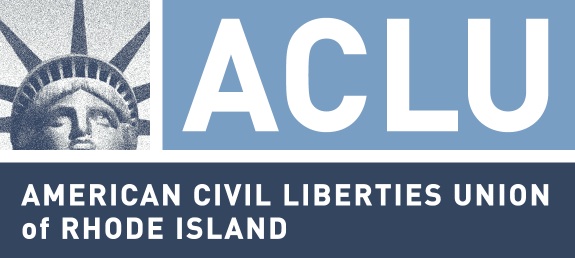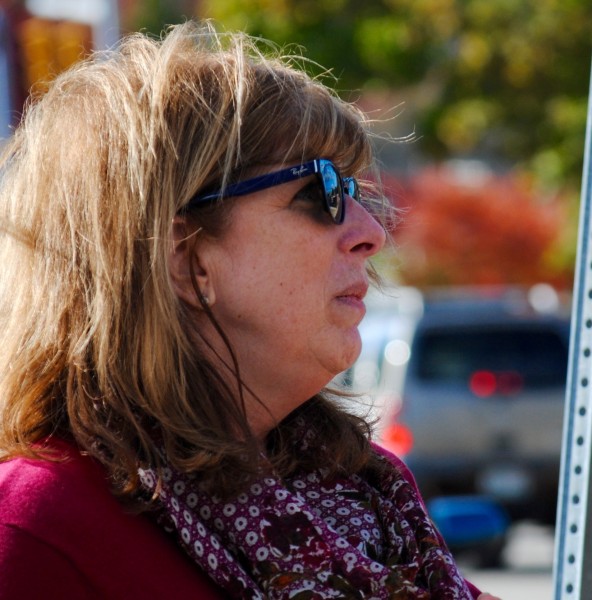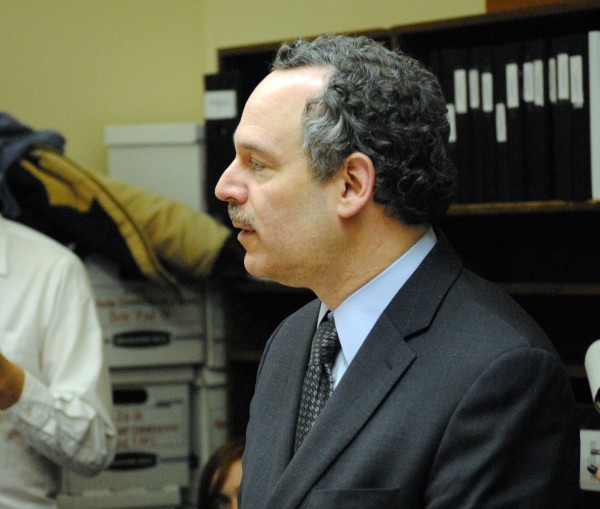
Governor Gina Raimondo announced today she is organizing a working group to review the state’s education funding formula.
“After five years, it is time to for a fresh look to review our education funding structure,” she said in a press release sent out today. “A significant part of jumpstarting our economy and creating opportunity for everyone is making sure our kids have access to the best education. Rhode Island has a strong formula and it is model for other states. However all key public policies benefit from regular review.”
State Education Commissioner Ken Wagner concurred, saying, “Now is the right time for another public conversation around the ways we fund children’s futures and about putting our dollars where our values are for the sake of our kids. The bottom line is: Everything we do has to be about supporting teaching and learning. If we’re doing something good, continue. If we’re getting in the way of teaching and learning, we have to be thoughtful and make tweaks. Investing in our classrooms and schools is an investment in the future of our economy and our state.”
Rhode Island didn’t have a formula for allocating state aid to school districts until just five years ago, when a fairly progressive plan that factors in “student enrollment, student poverty levels, and community wealth,” according to the press release. The current funding formula has been criticized as being overly generous to charter schools and not generous enough to poor urban schools.
According to the press release, Raimondo asked the working group to explore these themes:
- Fairness across school types: Our funding formula must be fair and supported by data.
- Flexibility and sufficiency: Our funding formula must enable prudent and sustainable flexibility at the district, school, and student levels.
- Responsiveness to unique needs: Our families, communities, and schools have unique needs, and the funding formula needs to account for and accommodate these unique needs.
- Fiscal responsibility: Our funding formula needs to direct resources to the areas in which they are needed most and the funding formula must encourage savings and efficiency whenever possible
- Improved Outcomes: Our funding formula needs to invest these resources wisely to ensure improved outcomes.
She appointed these members to the working group:
- Elizabeth Burke Bryant (Co-Chair), executive director, Rhode Island KIDS COUNT
- Donald R. Sweitzer (Co-Chair), Chairman, IGT Corporation and Senior Public Affairs Advisor
- Rep. Gregg Amore, House Education Committee, East Providence
- Donato Bianco, LIUNA
- Dr. Nancy Carriuolo, President, Rhode Island College
- J. Michael D’Antuono, School Business Official, Providence
- Sen. Daniel Da Ponte, Senate Finance Committee, East Providence
- Karen Davis, Senior Vice-President, Hasbro
- Kas R. DeCarvalho, Esq., Attorney, Pannone Lopes, and Board Member, The Met School
- Patti DiCenso, Superintendent, Pawtucket
- Sean Doyle, Technical Education Teacher, West Warwick High School
- Dr. Gara B. Field, Principal, Pleasant View Elementary School, Providence
- Georgia Fortunato, Superintendent, Lincoln
- Victoria A. Gailliard-Garrick, Principal, William M. Davies, Jr. Career and Technical High School
- Jo Eva Gaines, Chair, Newport School Committee, and member, Council on Elementary and Secondary Education
- Sen. Hanna Gallo, Senate Education Committee, Cranston
- Stephanie Gonzalez, Blackstone Valley Prep Mayoral Academy and member, Central Falls City Council
- Joseph J. MarcAurele, Chairman, Washington Trust Bank
- Amy Mullen, Special Education Teacher, Tiverton
- Dr. Julie Nora, Head of School, International Charter School
- Stephanie Ogidan Preston, Vice-President, Citizens Bank
- Adam M. Ramos, Esq., Attorney, Hinckley Allen, and member of the Bristol Warren Education Foundation
- Dr. Isadore S. Ramos, former Mayor of East Providence
- Rep. Deborah L. Ruggiero, House Finance Committee, Jamestown
- Toby Shepherd, Grants Program Officer, the Rhode Island Foundation
- Alan J. Tenreiro, Principal, Cumberland High School and National Principal of the Year
- Lisa Tomasso, the Providence Center and member of RIDE Strategic Planning Group
- James Vincent, President, NAACP-Providence
- Dr. Kenneth K. Wong (Advisor), Chair, Department of Education, Brown University


 The American Civil Liberties Union of Rhode Island has called on all school districts that currently have school resource officers (SROs) to re-evaluate their use in the schools and to revise the agreements they have with police departments that set out their job responsibilities. The call was prompted by incidents at Pawtucket’s Tolman High School last week, which reinforced many of the serious concerns the ACLU has long held regarding the routine presence of police officers in schools.
The American Civil Liberties Union of Rhode Island has called on all school districts that currently have school resource officers (SROs) to re-evaluate their use in the schools and to revise the agreements they have with police departments that set out their job responsibilities. The call was prompted by incidents at Pawtucket’s Tolman High School last week, which reinforced many of the serious concerns the ACLU has long held regarding the routine presence of police officers in schools.

 The letter acknowledged that Pawtucket should not be singled out for such problems. A 2011 review by the ACLU of SRO use across the state found that many school departments had similar “one-sided” MOUs and that there were many incidents in which the presence of a police officer escalated a student’s minor infraction, such as wearing a hat in school, into an arrest for disorderly conduct.
The letter acknowledged that Pawtucket should not be singled out for such problems. A 2011 review by the ACLU of SRO use across the state found that many school departments had similar “one-sided” MOUs and that there were many incidents in which the presence of a police officer escalated a student’s minor infraction, such as wearing a hat in school, into an arrest for disorderly conduct.